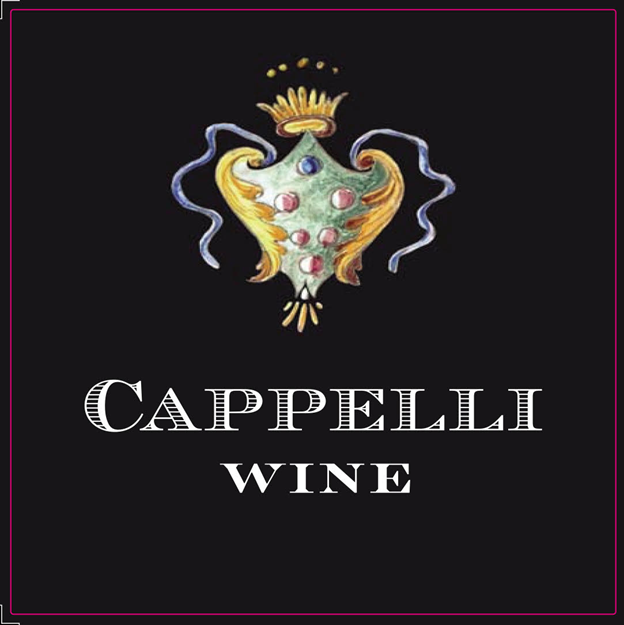
Marco cappelli
Marco’s choice to get into the wine business was not pre-ordained; his Italian-born parents were teetotalers and his childhood home was not in Napa or Sonoma, but Carmel-by-the-sea, an area known more for windswept rocky shores and white sand beaches than wine production. The path to an eventual career in winemaking started in a more roundabout and serendipitous way.
To learn how to live away from the warmth and quiet of his family home and to add legitimacy to a future resume, he followed his best friend to UC Davis in 1979, thinking he might study anthropology (he was a fan of Louis Leakey.) While in the dorms, he and his friends fermented honey to celebrate the end of the first scholastic quarter…it turned out to be a lot of fun and he decided to take a class in winemaking. He was smitten and left Davis for a few months to work a harvest at Louis Martini Winery in Napa Valley. After harvest, he returned to Davis to finish his studies and in 1984 he received his BS in Fermentation Science. Such was the theoretical nature of his studies that he understood he needed a lot more practical training before entering the workforce, so he left for an extended period in Italy and France.
After a wonderful and life-changing 20 months in Europe, making wine at various wineries in Tuscany and learning the remarkable complexity of sweet wine production in Sauternes, he returned to California to look for a steady job. At this point in his life, fate intervened; through a dear friend (the enormously talented and interesting Federico Staderini), he was introduced to Andre Tchelistcheff, the bedrock of California winemaking and mentor to many fortunate young winemakers. This was 1987. Andre was helping a start-up winery in Oakville/Rutherford owned by entrepreneur, bon vivant and nonpareil good person Clarke Swanson. At Swanson Vineyards Clarke and Marco together made many wonderful wines and even more wonderful memories. After 17 years working with Swanson, he left Napa in 2004 for the quiet wilderness of the Sierra Foothills to begin a new chapter in his life.
Believing he could make a modest living growing grapes, he purchased a 42-acre parcel in the Fair Play AVA of El Dorado County with a little house, a great view and 14 acres of Zinfandel, Syrah, Petite Sirah and Roussanne. He quickly realized, however, that the hardscrabble life of a Fair Play grape-grower was no way to make a living, even a modest one, so he turned to what he knew best and started working with local vineyards and wineries. With time he grew to understand and appreciate the rugged terroir, sleek and focused wines, and adventurous spirit of the locals.
The business model for Cappelli Wine had been taking form in his mind for many years and when a circa 1895 building in the historic district of downtown Placerville came up for sale, he and his wife Belinda knew it was time to give the business a try. While he continues to work for local wineries, he spends much of his day introducing locals to his rotating selection of delicious, hand-crafted wines priced for every-day drinking.
We are committed to the sustainable use of wine bottles and closures; bottle prices for our dry wines range from $12-$18 and if you return your clean, empty bottles and closures, you will receive a $2/bottle credit towards your refill. This model is not new; for generations, Europeans have frequented their town’s wine merchants to fill up on local, hand-crafted wine produced within a few miles of their villages.
Wine is a food, and when enjoyed in moderation at your dinner table it enhances well-being, stimulates conversation and appetite, and may have beneficial effects on your heart and circulatory system. It has been part of our diet for thousands of years, from the very early days of civilization. Today it is part of “the good life.”
We recommend that you store the wine cork-up and drink it within a couple of months of purchase to ensure freshness.
MISSION STATEMENT
Our mission is to provide consumers with quality wine in reusable packaging at a price they can afford to enjoy every day. We are committed to sourcing the best local fruit available and to making wines that express each vineyard’s unique character and growing conditions (Terroir.) We believe wine is food and that it is an integral part of “the good life”.


